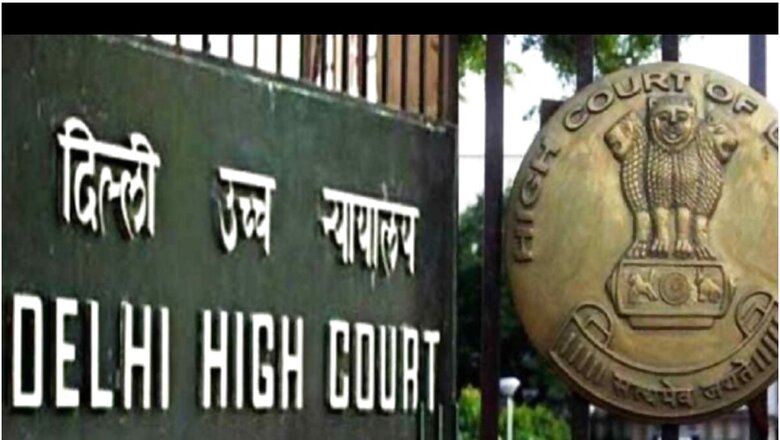
views
The Indian Constitution does not allow a foreign national to claim the right to reside and settle in India, the Delhi High Court has said while observing that the fundamental right of foreigners is limited to the right to life and liberty.
The high court dismissed a petition which claimed the detention of a man named Azal Chakma was illegal and without authority.
We may also note that foreign national cannot claim that he has the right to reside and settle in India in terms of Article 19 (1) (e) of the Constitution of India.. Fundamental right of any such foreigner or suspected foreigner is limited to the one declared under Article 21 of Constitution of India, that is, fundamental right of life and liberty and there is nothing which may suggest that his liberty has been curtailed in an illegal or unlawful manner, a bench of Justices Suresh Kumar Kait and Manoj Jain said.
The high court said Chakma himself is to be blamed for his miseries as he has failed to explain as to how he came back to India when he had left the country on a Bangladeshi passport.
It rejected the habeas corpus petition filed by the family of Azal Chakma, a suspected Bangladeshi national, who was apprehended at the Indira Gandhi International Airport in Delhi in October 2022.
A habeas corpus petition is filed seeking direction to produce a person who is missing or has been illegally detained.
According to the plea, the man has Indian citizenship by birth and had his initial education in Gomati in Tripura and later in Shillong, Meghalaya.
It was averred that he lived in India all his life except for a very brief period and that he was holding an Indian passport, Aadhaar card, PAN card and driving licence issued by Indian authorities, and was running business in Kolkata.
However, Foreign Regional Registration Office (FRRO) contended that the man was apprehended at IGI Airport during immigration clearance when he was attempting to depart for Bangladesh capital Dhaka using a fraudulently obtained Indian passport.
It was in this backdrop that his movements were restricted.
The authorities claimed it transpired after scrutiny that Chakma had been visiting India till 2016 on the basis of multiple Indian visas on a passport issued to him by Bangladesh.
They claimed he had left India on a Bangladeshi passport in June 2016 and it was not known how he subsequently sneaked into India.
According to the authorities, he entered India illegally through a porous border and thereafter managed to obtain Indian documents, including passport, in a “fraudulent and dishonest” manner.
His passport was revoked by the Indian authorities in June 2023.
The high court was told that Chakma’s movements have been restricted under the provisions of the Foreigners Act and that the High Commission of Bangladesh has already issued travel documents for his repatriation.
He will be deported as soon as the authorities get a confirmed air ticket for him from the Embassy of Bangladesh, the court was informed.













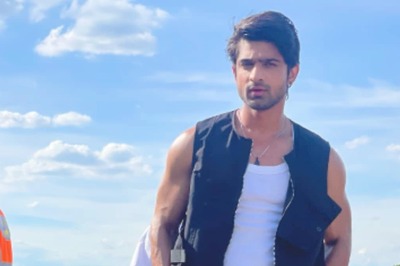
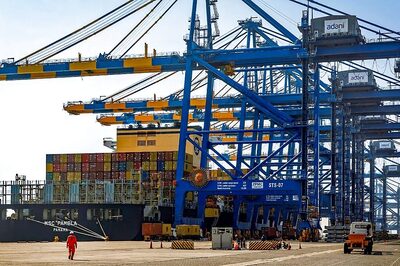



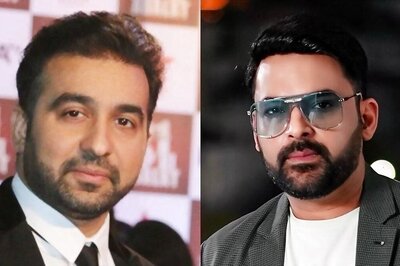
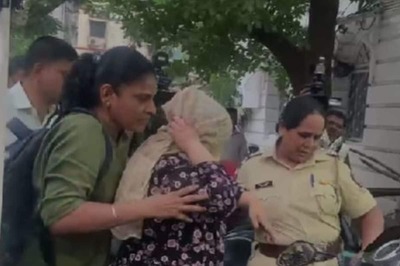
Comments
0 comment